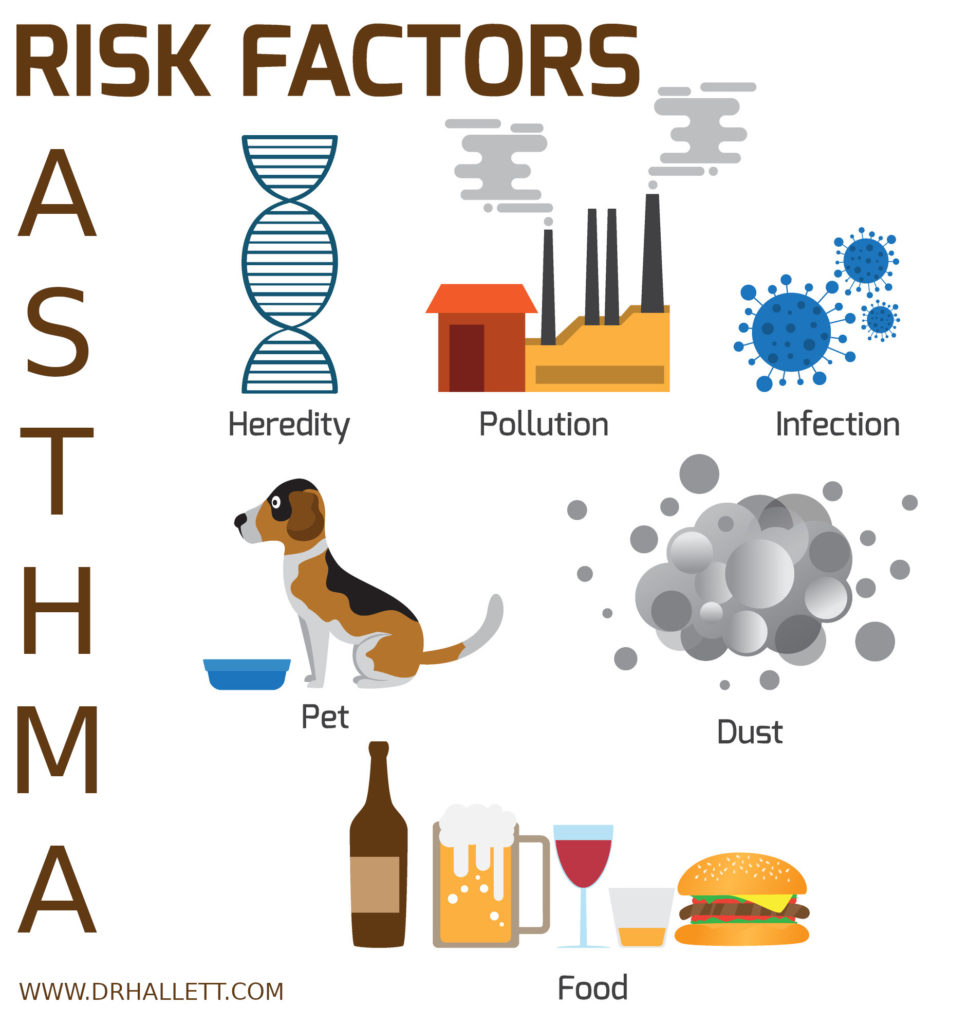Like other forms of asthma, allergic asthma causes the muscles around your airways to tighten. This makes it very hard for you to breathe. Knowing your allergic asthma triggers is crucial to managing your asthma symptoms and leading a full life.

What is allergic asthma?
Allergic asthma is a reaction to certain allergens in your environment. Knowing the triggers for your allergic asthma means you can avoid them, when possible. It also means that, in moments when those triggers are unavoidable, you’ll know what to do.
What are the symptoms of allergic asthma?
Allergic asthma symptoms include:
Shortness of breath
Rapid breathing
Frequent coughing
Difficulty sleeping
Wheezing
Chest tightness
and Fatigue.
What are the most common triggers of allergic asthma?
Pet Dander is one of the most common triggers of allergic asthma. If you notice that you’re reaching for your inhaler when you’re near your own pets or others’, you maybe allergic to animal dander. The microscopic particles of skin and saliva proteins from cats, dogs, birds and rodents hang out in the air for a long time. This means you’re more likely to ingest them even if owners brush and bathe pets frequently.
Next, Pollen is a common allergic asthma trigger. In Central Texas pollen is a year-round problem as Mountain Cedar pollen rears its ugly head just as others are calming down. The fact that pollen is such a fine, powdery substance means it’s hard to avoid it. Even being outside for short periods of time can lead to pollen on your clothes, shoes, and even in your hair.
The most common pollen allergens stem from weeds like ragweed and sagebrush, and trees like cedar and oaks.
Mold, which is often hard to spot as it lives in dark, warm places, is a common trigger too. It thrives particularly in the summer and fall when humidity rises. If you have areas of your home that tend to be damp, like bathrooms or basements, pay close attention to your asthma symptoms here. If you notice an increase in wheezing, coughing, or chest tightness, you may have mold that needs to be addressed.
FInally, Dust Mites, which are invisible to the naked eye, can wreak havoc on your allergic asthma. In fact, according to the Asthma and Allergy Foundation of America, they may be the most common trigger of asthma and allergy symptoms occurring year round. They live in mattresses, bedding, carpets, anywhere dust accumulates. Be sure to wash your bedding frequently and vacuum those hidden areas often too.
Understanding what triggers your allergic asthma is key to treatment. We can help you determine what you’re allergic to so that you can be prepared. Contact us today to get started